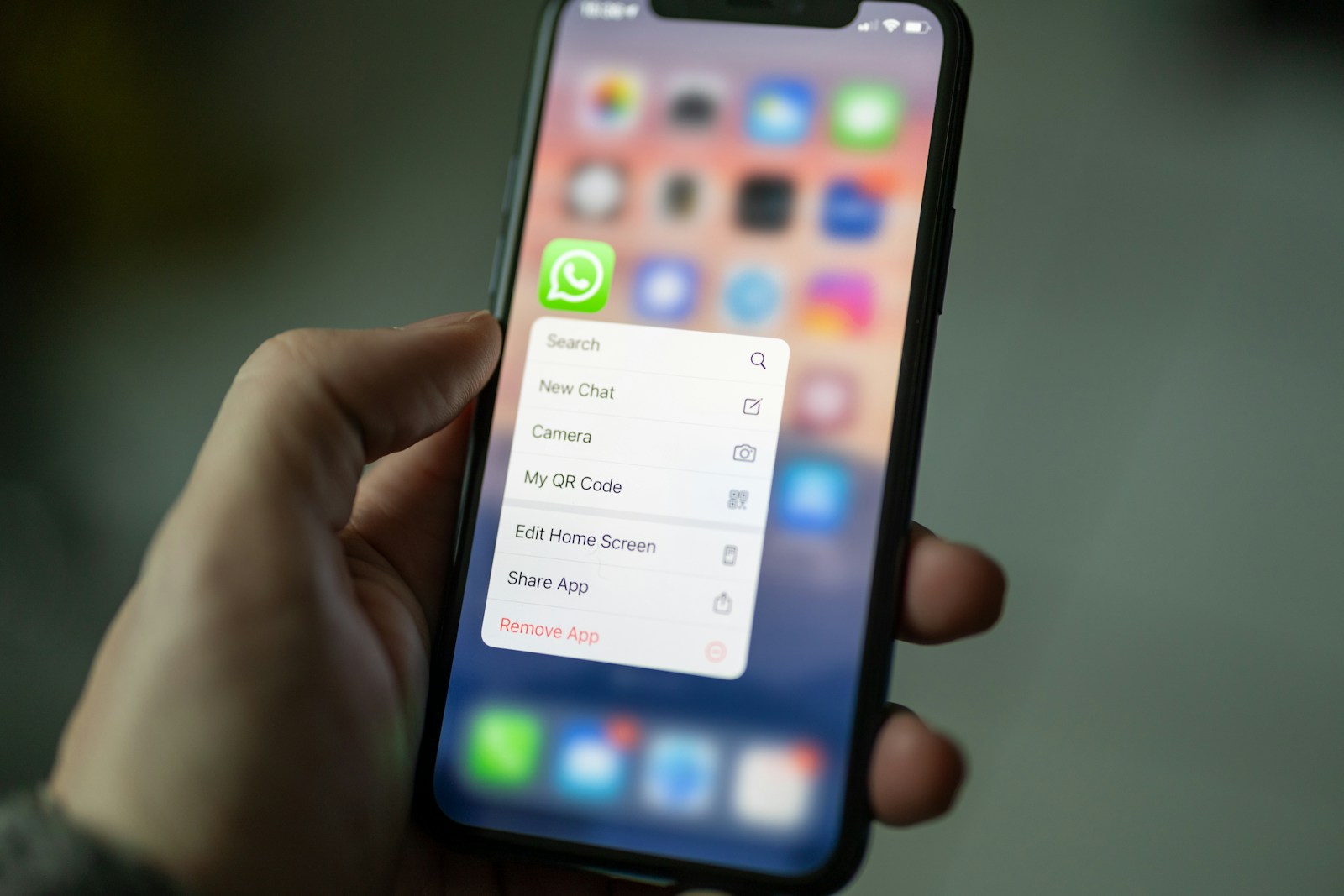In a startling revelation, Meta has confirmed a zero-click vulnerability in WhatsApp that allows attackers to exploit the app without any user interaction, potentially jeopardizing the security of millions of users worldwide.
Key Points at a Glance:
- WhatsApp vulnerability triggered without any user clicks.
- Attackers can exploit the flaw remotely via crafted messages.
- Meta is actively developing a security patch to address the issue.
- The flaw underscores growing cybersecurity challenges in messaging apps.
- Experts urge users to stay vigilant and update promptly.
In a major development that has sent ripples through the cybersecurity community, Meta has publicly confirmed the existence of a zero-click vulnerability in WhatsApp. This critical flaw allows cybercriminals to exploit the messaging platform without requiring any user interaction—no clicks, taps, or engagement with suspicious content. Instead, simply receiving a specially crafted message is enough to trigger potentially harmful actions on a user’s device, a scenario that raises significant concerns about the security of one of the world’s most popular communication tools.
Zero-click vulnerabilities represent a new frontier in cyber threats. Unlike traditional exploits that often rely on tricking users into clicking on malicious links or opening dangerous attachments, zero-click flaws require no such active participation. This passive mode of exploitation means that even the most cautious users, who diligently avoid suspicious messages, remain vulnerable. The revelation by Meta thus underscores a broader challenge facing digital communication platforms today—a challenge that is compounded by the sheer scale at which these platforms operate.
In response to the discovery, Meta has confirmed that it is working around the clock to develop and deploy a security patch aimed at neutralizing this vulnerability. While the exact timeline for the patch’s release has not been disclosed, industry experts emphasize the urgency of the situation. Given the millions of active WhatsApp users around the globe, even a short window of exposure could provide a lucrative opportunity for attackers to carry out large-scale exploits. Until the security update is available, users are advised to exercise heightened caution and remain alert to any unusual behavior on their devices.
The confirmation of this flaw also shines a light on the importance of proactive vulnerability disclosure and prompt remediation by major tech companies. Meta’s acknowledgment of the issue, though alarming, is a positive step toward transparency and accountability in the digital age. It demonstrates a commitment to working collaboratively with the cybersecurity community, including ethical hackers and independent researchers who play a crucial role in identifying such vulnerabilities. The ongoing dialogue between tech companies and security experts is essential for developing robust defenses against increasingly sophisticated cyber threats.
Moreover, this incident serves as a stark reminder of the evolving nature of cyber risks in our interconnected world. As messaging apps like WhatsApp continue to evolve and add new features, the complexity of their underlying code also increases, inadvertently opening up new avenues for exploitation. This evolving threat landscape necessitates not only rapid technological responses from companies like Meta but also a heightened sense of digital vigilance among users. Regular software updates, a critical component of maintaining device security, become even more indispensable in light of such vulnerabilities.
Ultimately, the zero-click flaw in WhatsApp is a compelling example of how modern cyber threats are evolving. It highlights the need for continuous innovation in security protocols and for users to remain proactive about protecting their digital lives. As Meta works to resolve this vulnerability, the broader community must also stay informed and prepared for potential risks. This incident reinforces the reality that in today’s digital era, security is a shared responsibility that requires constant attention from both developers and end users alike.
